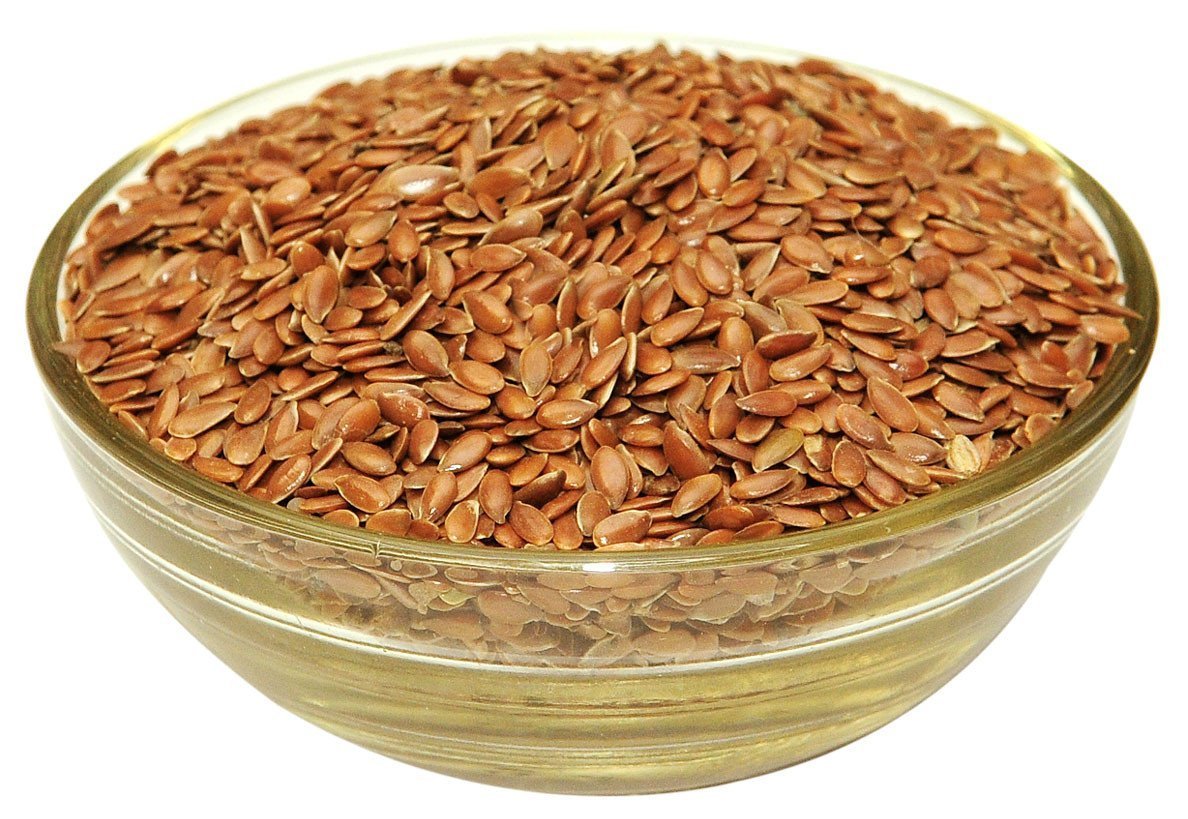Health Benefits of Flax Seed
What are the health benefits of flax seed?
Flax seeds, also known as linseeds, are a nutrient-dense food that offers several health benefits. Here are some key advantages of including flax seeds in your diet:
- Rich in Omega-3 Fatty Acids: Flax seeds are one of the best plant-based sources of alpha-linolenic acid (ALA), a type of omega-3 fatty acid. Omega-3 fatty acids are important for heart health, brain function, and reducing inflammation in the body.
- High in Fiber: Flax seeds are an excellent source of soluble and insoluble fiber. This fiber content can aid digestion, promote bowel regularity, and help prevent constipation. Fiber also helps regulate blood sugar levels and may contribute to a lower risk of developing diabetes.
- Antioxidant Properties: Flax seeds contain lignans, which are plant compounds with antioxidant properties. Antioxidants help protect the body from damage caused by free radicals, which can contribute to aging and various diseases.
- Heart Health: The omega-3 fatty acids, fiber, and lignans in flax seeds all contribute to heart health. These nutrients can help reduce cholesterol levels, lower blood pressure, and reduce the risk of heart disease.
- Cancer Prevention: Some studies suggest that the lignans in flax seeds may have protective effects against certain types of cancer, particularly breast cancer, prostate cancer, and colorectal cancer. However, more research is needed to confirm these effects.
- Improved Skin Health: The omega-3 fatty acids and antioxidants in flax seeds may help improve skin health by reducing inflammation and promoting skin hydration. Flax seed oil is sometimes used as a natural remedy for skin conditions like eczema and psoriasis.
- Weight Management: The fiber and healthy fats in flax seeds can help promote satiety and reduce hunger cravings, which may aid in weight management.
- Digestive Health: The fiber content in flax seeds can help support a healthy digestive system by promoting regular bowel movements and preventing constipation.
- Bone Health: Flax seeds contain minerals like magnesium, phosphorus, and calcium, which are important for maintaining strong and healthy bones.
Overall, flax seeds are a versatile and nutritious food that can be easily incorporated into a variety of dishes, such as smoothies, yogurt, oatmeal, and baked goods. Adding flax seeds to your diet may help improve overall health and well-being.
What are the health risks of flax seed?
Flax seeds are generally safe for most people when consumed in moderation as part of a balanced diet. However, there are a few potential risks and considerations to be aware of:
- Digestive Issues: Some people may experience digestive discomfort, such as bloating, gas, or diarrhea, when consuming flax seeds, especially if they are not used to a high-fiber diet. It’s important to start with small amounts and gradually increase intake to allow your digestive system to adjust.
- Allergic Reactions: While rare, some individuals may be allergic to flax seeds. Symptoms of an allergic reaction may include itching, swelling, rash, or difficulty breathing. If you suspect an allergy, discontinue use and consult a healthcare professional.
- Interaction with Medications: Flax seeds contain compounds called lignans, which may have estrogen-like effects in the body. If you are taking medications that affect hormone levels, such as birth control pills or hormone replacement therapy, consult with a healthcare professional before consuming flax seeds regularly.
- Risk of Cyanide: Flax seeds contain small amounts of cyanogenic glycosides, which can release cyanide when metabolized by the body. However, the cyanide content in flax seeds is very low and unlikely to cause harm in normal dietary amounts.
- Omega-3 Fatty Acid Oxidation: Flax seeds are high in omega-3 fatty acids, which are prone to oxidation. To prevent oxidation, it’s best to store flax seeds in a cool, dark place and use them within a few months of opening. Grinding flax seeds can also help improve their shelf life and make the nutrients more accessible.
Overall, the health risks associated with flax seeds are minimal for most people when consumed in moderation. If you have specific health concerns or dietary restrictions, it’s advisable to consult with a healthcare professional or dietitian before adding flax seeds to your diet.




